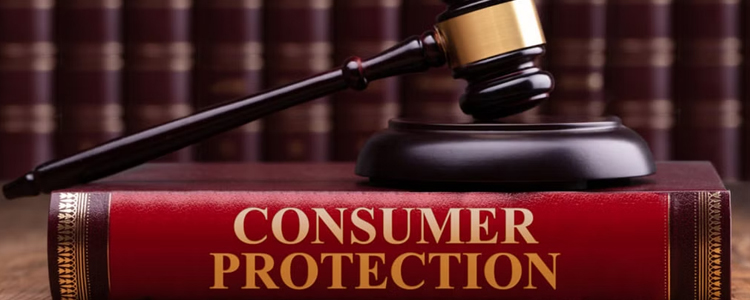Consumer Court Cases
Consumer court cases are legal disputes between consumers and businesses regarding the purchase or use of goods and services. Consumer protection laws are designed to safeguard the interests of consumers and provide them with legal remedies in case of disputes. Some important aspects of consumer court cases include:
- Jurisdiction: Consumer court cases are heard by special consumer courts established under the Consumer Protection Act, 2019. These courts have jurisdiction over disputes arising from the purchase or use of goods and services by consumers.
- Types of complaints: Consumers can file complaints regarding various issues, such as defective products, poor service, unfair trade practices, and false advertising. The complaint must be filed within a specified time frame and in the prescribed format.
- Remedies: Consumer courts can provide various remedies to consumers, such as replacement or repair of the product, refund of the purchase price, compensation for damages, and punitive damages. In some cases, the court can also order the business to stop engaging in unfair trade practices or false advertising.
- Procedure: Consumer court cases are usually resolved through a process of mediation, conciliation, or adjudication. The court may appoint a mediator or conciliator to facilitate a settlement between the parties. If a settlement is not possible, the court will hear the case and make a decision based on the evidence presented.
- Appeals: Parties aggrieved by the decision of the consumer court can file an appeal before the higher court within a specified time frame. The higher court will review the decision of the lower court and either uphold, modify, or reverse it.
